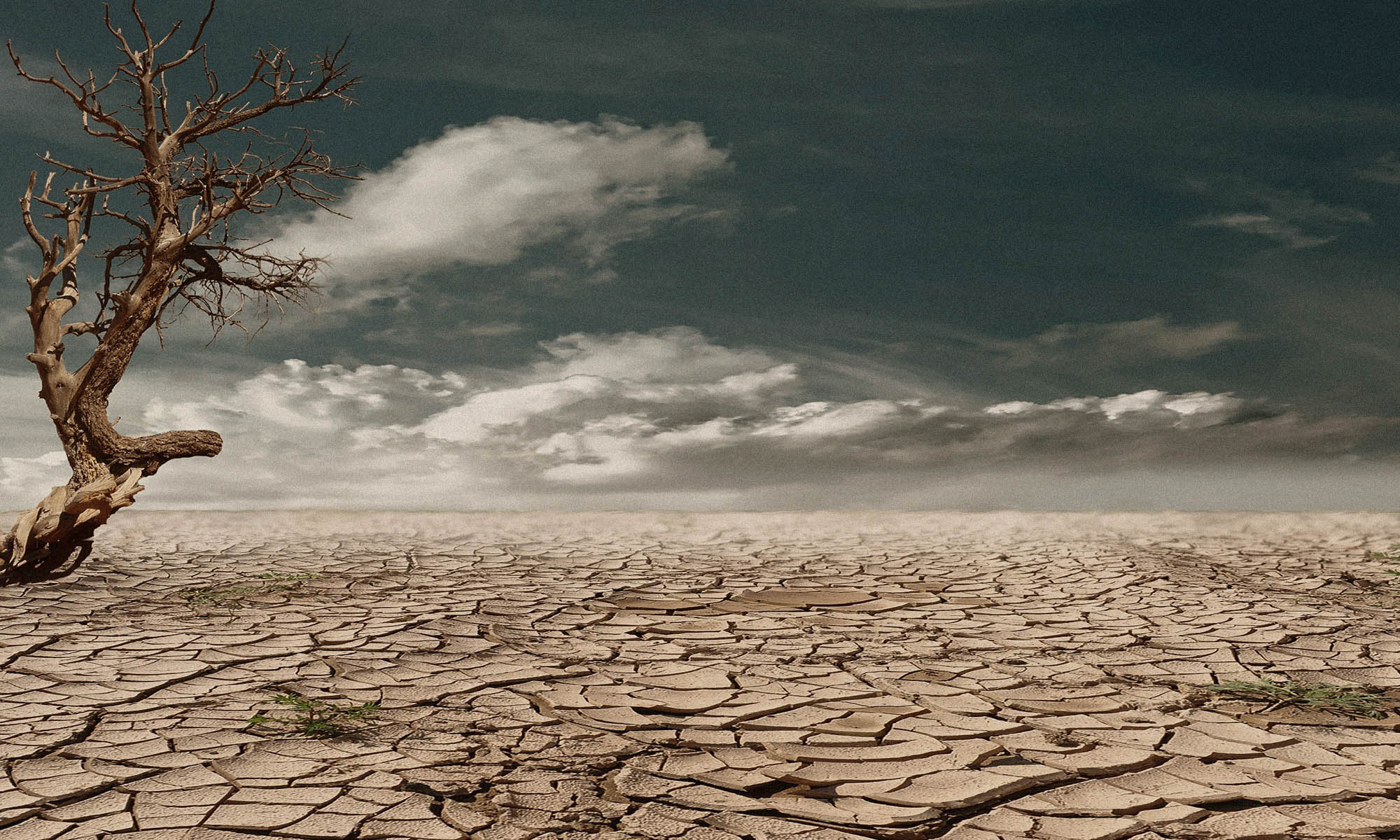The global environment is changing at a rate never seen before. With the human population already at seven billion and still continuing to expand, especially in Africa, Asian countries and Latin America, things cannot remain the same. Our urban centres and cities are suffering from overcrowding as more people are moving to towns to seek a better life. With this comes all manner of pollution. Solid waste menace is one of them. Municipalities are having a tough time coping with huge volumes of solid waste generated on a daily basis. These wastes end up in dumping sites; where there is little or no recycling done on them. The result is an environment that is highly polluted .Use of plastic bags has aggravated the situation further since they are not biodegradable.
Nations are struggling to feed their populations. Hunger and malnutrition is still lingering on, one year after the Millennium Development Goals expired.The Sustainable Development Goals are now on course. The purpose is to enable implementation of sustainable development agenda post 2015.It calls on nations to realign their development objectives with environmental conservation and management, so that adverse environmental damages are tackled while ensuring improved living standards for the people. Will the Sustainable Development Goals work? How are they going to be implemented? Will nations manage to fund these projects on their own, especially the developing countries?
Meanwhile, climate change is already a reality. Precipitation patterns, distribution and quantities have changed considerably. It is no longer easy to predict rainfall as before. Droughts and floods are common. It is a case of extremes. There is also global temperature rise which is melting ice sheets at the poles and on The Alps, The Everest. Result is sea level rise that is threatening the future of islands and low-lying coastal areas. Stabilizing these temperatures will require a lot of cooperation from all the countries, whether big or small, developed or developing. It will definitely take centuries before results are realized. Sacrifices will have to be made and above all, humans will have to adapt to the changes. How do we for instance, build our homes to withstand these extremes? Would a country like Kenya manage to feed its citizens when rains fail completely? Have we built the capacities of the most vulnerable people in our society, such as those living in arid and semi arid areas? Do they have alternative sources of livelihood other than pastoralism?How about our dependence on hydroelectric power, would we manage to power our homes and industries if water levels in our dams reached the lowest levels, or possibly dried out completely?
Tackling environmental challenges of the 21st century and beyond should concern every government, multilateral corporations, donor agencies and not to forget people like you and me. We all have a role to play. Our environment needs us, but we need it the most.
_
bosuri18@gmail.com/bosuri@yahoo.com _ 0723 692048
ABOUT THE AUTHOR
Beryl is a fourth year student at Maasai Mara University, pursuing a Bachelor of Science degree in Environmental Science (specializing in environmental conservation and management). She is the current secretary of Maasai Mara University Wildlife and Environmental Club.
During her attachment at Nairobi City County, department of environment, she got exposed to the environmental challenges facing the city of Nairobi and how they are being tackled. She had the opportunity to work in environmental planning and management, solid waste management and the parks departments of the county office.



Very well said. I keep asking myself what the world will look like two generations after we are gone. Will they even know what a garden wedding is, or a national park? Will they know how it feels to play in a stream. Will their lakes and rivers even have fish? It all depends on us.